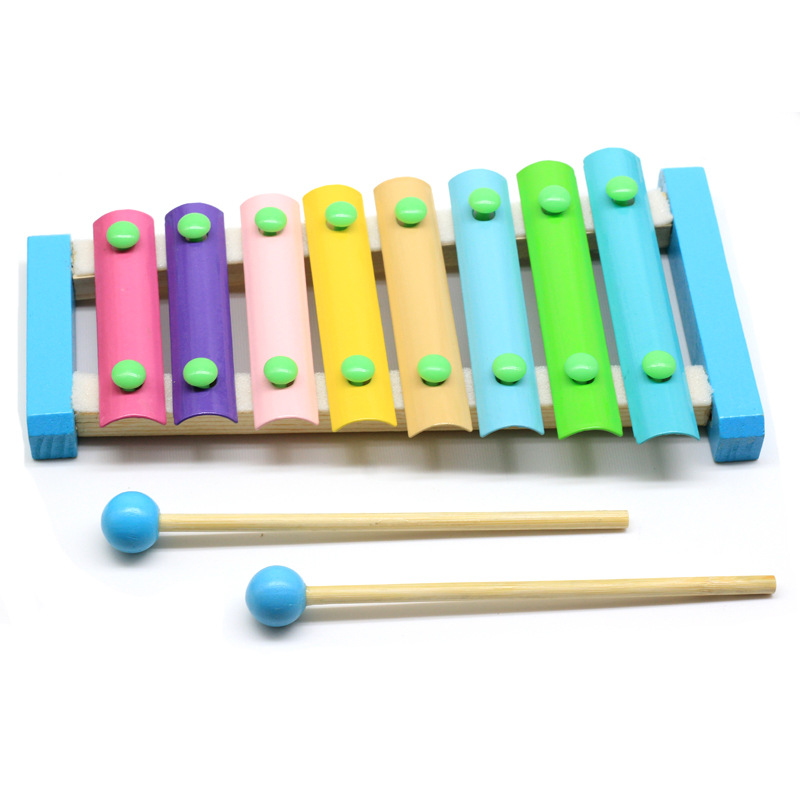Introduction: The magic of music toys lies not only in their melodious sounds but also in the cognitive benefits they offer to children. These instruments and toys engage various regions of the brain, contributing to cognitive development and enhancing multiple aspects of learning. In this blog, we’ll explore the science of sound and how music toys boost cognitive development in children, fostering a harmonious relationship between music and the mind.
- Language and Vocabulary: Listening to music and singing along with music toys promote language development, expanding vocabulary and phonological awareness.
- Memory and Recall: Playing musical instruments and memorizing tunes stimulate memory and recall abilities, supporting overall cognitive function.
- Spatial Reasoning: Engaging with music toys like building blocks or puzzles promotes spatial reasoning skills, vital for problem-solving and mathematics.
- Emotional Regulation: Listening to music has a positive impact on emotional regulation, reducing stress and anxiety in children.
- Executive Function: Playing musical instruments requires attention, planning, and self-control, strengthening executive function skills.
Conclusion: The science of sound demonstrates how music toys enrich cognitive development, boosting language and vocabulary, memory and recall, spatial reasoning, emotional regulation, and executive function. By incorporating music toys into children’s learning and playtime, parents and educators provide them with a multi-dimensional cognitive experience that fosters a love for music and nurtures cognitive abilities essential for success in various aspects of life. The harmony between music and the mind creates a dynamic and rewarding journey of growth and learning for children, making music toys an essential component of holistic cognitive development.








